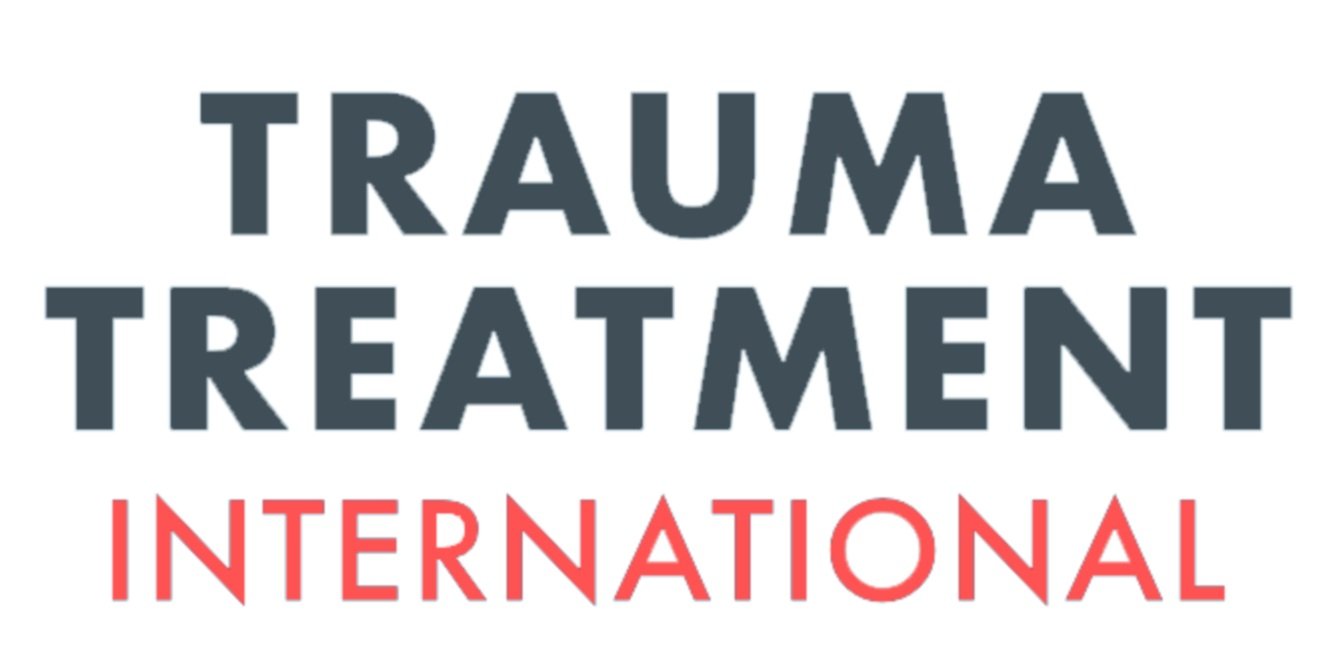What is burnout?
There is a human need to relax, recuperate and recharge our batteries. Our lives are very busy and can often be stressful; when we don’t look after ourselves or understand when we are taking on too much, we may find ourselves experiencing burnout. Especially over the last two years, experiencing a pandemic with lots of uncertainty and stress, many people will have been affected by burnout, and potentially unknowingly.
Burnout is a term used to describe when someone feels emotionally depleted or drained, and can result after a period of long-term, work-related stress. People don’t always spot burnout in themselves. There can be a slow fade of some signs followed by a sudden crash, especially if there is a critical incident or other significant life stressor(s). Effects can be severe, debilitating and trigger other responses such as depression, PTSD and anxiety disorders. Recovery from burnout is possible and we want to make sure everyone knows how to help themselves and others.
Burnout is a completely normal human reaction to feeling overwhelmed either in their work or personal life. It is usually characterised by emotional exhaustion, detachment and loss of motivation and feeling helpless or a sense of failure. For example, you may feel tired and overworked and this feeling isn’t shifting for a long period of time. A feeling of not deserving to take time off work or not fully relaxing when on holiday can also be factors that increase the likelihood of burnout.
Some common symptoms of burnout include:
Feelings of hopelessness
Feelings of self doubt
Exhaustion
Frustration and low frustration tolerance
Anger
Not caring
Depressed by work environment
Overidentification with some victims (if you work with vulnerable beneficiaries for example)
Burnout is often caused by our work lives but this isn’t always the case. We can feel burnout due to unresolved feelings, emotions or trauma. We can feel burnout from a lack of self-care and love, or turbulent relationships and social support. It’s crucial that we know how to recognise the signs of burnout and to seek professional help if it occurs.
An important distinction between stress and burnout is really useful to see the difference in feelings and symptoms. As this table shows, stress and burnout are not the same, but stress can lead to burnout:
So how can we prevent burnout or overcome it if it occurs?
The first most important step is accepting that we may be burnt out and making the decision to take the steps to overcome it. This involves a variety of practices to improve your physical, emotional, spiritual and behavioural resilience which supports the prevention and recovery of burnout. Take a look at our resource to learn more about burnout and an extensive list, but here are five top tips to overcome burnout:
Ensure you get enough sleep every night (6-8 hours per night)
Assess your workload and make adjustments where necessary, including talking to supervisors or colleagues and ensuring you have enough time to practise self-care
Find meaning or purpose in your daily activities, use strategies to help you remember this sense of meaning every day (e.g., leave yourself notes on your desk, put a photo where you will see it)
Ensure that you have good social support (individuals in your personal and professional life from which you can get emotional support and ask to help when you need it) and connect with your social support networks regularly
Engage in physical activity and ensure your diet is balanced and nutritious
In terms of prevention, engage regularly in replenishing self-care strategies that promote your wellbeing; these will be individual to you and so make sure they are strategies that benefit you, rather than what someone else likes. Once you begin to routinely practise healthy self-care habits, they become part of your overall prevention plan. Not only do self-care practices strengthen your ability to cope while in the moment, they can help your body remember how to bounce back to a healthier state.
We all deserve to take the time to make sure we can live our lives, do our jobs and be good people, without sacrificing our own mental health. As the famous saying goes: “You cannot pour from an empty cup”.


